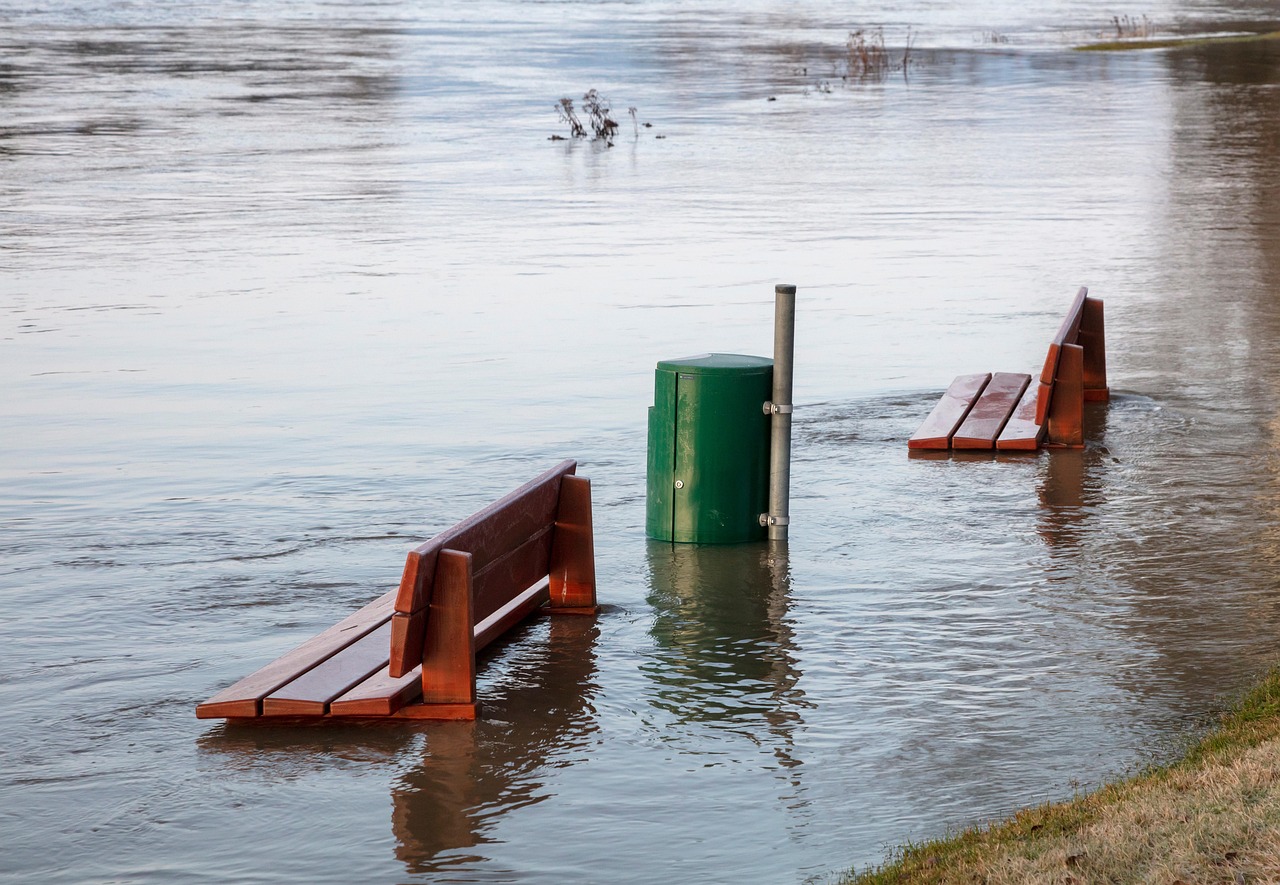Climate Change, Urbanization, and the Impact on Nigeria’s Informal Settlements
Published on 02 Aug, 2025

Nigeria faces a critical convergence of rapid urbanization and escalating climate change, disproportionately endangering its burgeoning informal settlements. With an urban population growth of 4.1% annually, 70% of Nigerians are expected in cities by 2050, many in informal dwellings (Pashayan, 2024; UN-Habitat, n.d.)3,4. Climate impacts like intensified floods (the 2022 floods killed 600 and displaced 1.5 million) and heat stress are worsening (Pashayan, 2024)3. This article examines how these forces compound vulnerabilities in informal settlements, where pre-existing marginalization and limited adaptive capacity meet intensified environmental threats.
The twin pressures: Climate Change and unplanned urbanization
Climate Change Manifestations: Nigeria sees more frequent, intense flooding, especially in coastal cities like Lagos, which is highly vulnerable to sea-level rise.5 Rising temperatures and heatwaves exacerbate urban heat island effects, particularly in densely packed informal settlements with poor ventilation 3. Altered rainfall patterns also contribute to droughts and dust.
Urbanization dynamics: Nigeria’s urban growth outpaces formal housing, with a deficit over 20 million units, fueling informal settlement expansion 8. In Lagos, an estimated 60% of residents live in such conditions (Pashayan, 2024) 3,8. These settlements often occupy hazard-prone land (floodplains, wetlands) due to affordability issues, characterized by insecure tenure, lack of basic services (water, sanitation, waste management), and non-resilient housing.1 This unplanned expansion into sensitive areas creates new climate risk zones and degrades natural protective barriers 1. The profound lack of infrastructure critically undermines adaptation capacity 3.
Amplified vulnerabilities in informal settlements
Heightened exposure to environmental hazards: Flooding is a recurrent disaster, causing displacement and loss of property, particularly in settlements on reclaimed swampy land 1. Inadequate drainage is a primary cause.1 Heat stress is severe in densely packed dwellings made from heat-absorbent materials 3.
Severe health impacts: Flooding contaminates water and overwhelms sanitation, leading to outbreaks of cholera, typhoid, and dysentery, and increasing malaria risk as stagnant waters become vector breeding grounds 3. Respiratory illnesses are rampant due to household air pollution (HAP) from biomass fuels, ambient air pollution from traffic and waste burning, and mold growth from damp conditions. Children are exceptionally vulnerable; Nigeria has the world's highest number of air pollution-related pneumonia deaths in under-fives, with HAP being a principal driver 4. Almost 185 children under five die daily in Nigeria from pneumonia linked to air pollution 4.
Socio-economic vulnerabilities: Pervasive poverty limits adaptive capacity, forcing residents into hazardous areas 2,3. Insecure land tenure discourages investment in resilient housing and makes residents vulnerable to eviction 1,3. Climate-sensitive informal livelihoods are easily disrupted by events like floods.
The imperative for integrated action and resilience
Addressing these crises requires proactive, integrated strategies. Current household adaptation efforts are often insufficient and reactive 2. Effective solutions include:
- Improved urban planning and governance: Enforce climate-sensitive master plans and strengthen planning institutions.6
- Infrastructure upgrading: Invest in drainage, clean water, sanitation, and waste management in informal settlements 3.
- Resilient housing: Promote climate-appropriate building codes and materials.
- Community engagement: Ensure resident participation, especially vulnerable groups, in planning and implementing adaptation strategies1.
- Policy implementation: Robustly implement existing frameworks like the Climate Change Act with adequate funding and enforcement 7,9.
- Strengthened public health initiatives: Enhance health system capacity, promote cleaner cooking fuels to reduce HAP, and raise public awareness 1.
Conclusion
The convergence of climate change and unplanned urbanization poses a severe threat to Nigeria's informal settlements, leading to environmental hazards, health crises, and socio-economic instability, with children being acutely affected 7. Addressing this nexus is critical for Nigeria's sustainable development. Urgent, integrated interventions that prioritize the resilience and well-being of informal settlement dwellers are paramount to fostering equitable and climate-resilient urban futures.
References
- Ekoh, S. S., & Teron, L. (2023). Vulnerable spaces, unequal responses: Lessons for climate adaptation from an informal settlement in Lagos, Nigeria. Frontiers in Sustainable Cities, 5, 929121. https://doi.org/10.3389/frsc.2023.929121
- Okunola, O. H., Simatele, M. D., & Olowoporoku, O. (2023). The influence of socioeconomic factors on individual and household adaptation to climate change in Nigeria. Climate and Development, 15(9), 781–793. https://doi.org/10.1080/1943815X.2022.2143821
- Pashayan, A. R. (2023, March 28). Informal settlements and climate change in the ‘last mile of urbanization’. Brookings Institution. https://www.brookings.edu/articles/informal-settlements-and-climate-change-in-the-last-mile-of-urbanization/
- UNICEF Nigeria. (2021, November 12). Nigeria has highest number of air pollution-related child pneumonia deaths in the world.
- Prince E. N., Akinloye E. O., (2024). Vulnerability, resilience and adaptation of Lagos coastal communities to flooding. Earth Science, Systems and Society, 4(1), 10087. https://doi.org/10.3389/esss.2024.10087
- Donatus O. O., Ebikabowei B. A. (2025). Urbanization and climate change in Nigeria [Preprint]. ResearchGate. https://www.researchgate.net/publication/390653878_Urbanization_and_Climate_Change_in_Nigeria
- Onyeaghala, C. A., & Obidinma-Igwe, P. (2025). Air pollution and lung health: A significant public health challenge in resource poor countries. The Nigerian Health Journal, 25(1). https://tnhjph.com/index.php/tnhj/article/view/918
- The C²REST Project. (2023, September 20). How climate change is worsening asthma triggers in Nigeria. The C²REST Project Blog. https://ccrest.org/news/how-climate-change-is-worsening-asthma-triggers-in-nigeria
